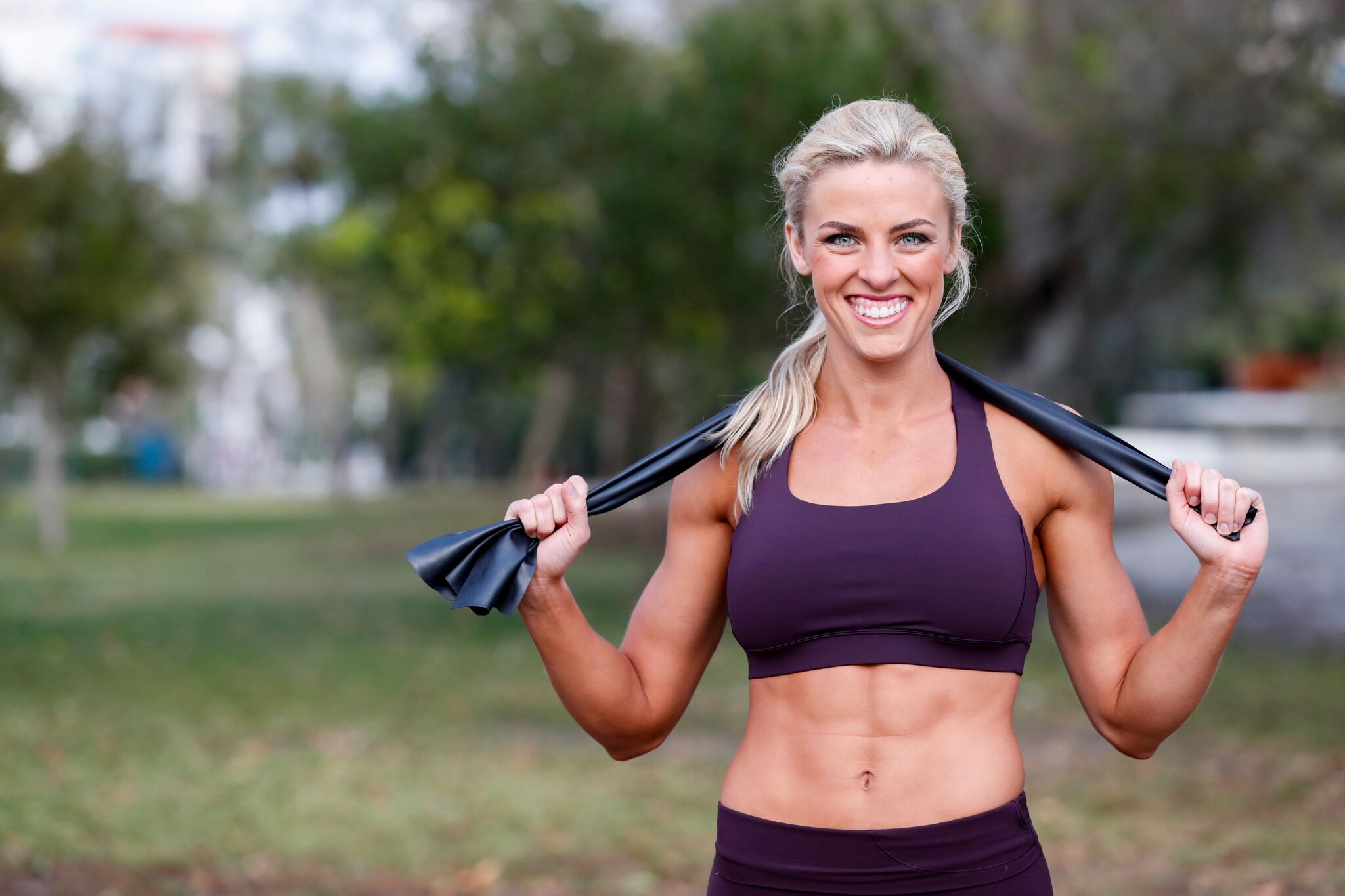ANTIoxidants & Athletic Performance
Many athletes are under the impression that antioxidant supplementation will reduce muscle damage, immune dysfunction and fatigue, thus improving athletic performance. However, research suggests that antioxidant supplementation may actually impair training adaptations. Let’s take a closer look at a few of today’s most popular antioxidants, and the effect that evidence suggests they have on athletic performance.
- Vitamin E: Older studies suggest improvement in performance at altitude, possible harmful effects on performance at sea-level. If plasma levels can be elevated sufficiently, acute intake of vitamin E is worthy of further review.
- Quercetin: Small beneficial effect for exercise lasting longer than 100 min; unclear whether this benefit applies to athletes.
- Resveratrol: Shown to benefit trained rodents; need further research in athletes.
- Beetroot juice: Nitrate component of beetroot juice demonstrates substantial (yet unclear) effect on performance in both athletes and non-athletes, but may vary with mode of exercise.
- Spirulina: Limited evidence to suggest enhancement of endurance performance.
- N-acetylcysteine (NAC): Intravenous supplementation may improve endurance cycling performance and reduce muscle fatigue.
Based solely on studies focusing on vitamin E and NAC, acute intake of antioxidants is likely to be beneficial. However, it is important to be mindful of the fact that chronic supplementation of most antioxidants is likely to have a harmful effect on performance. Now, there is no need to overstate this phenomenon and start practicing under the belief that antioxidant consumption in recommended amounts is harmful. Antioxidants, as with most food components, are most beneficial when consumed in their original food matrix. Listed below are primarily natural sources of each of the aforementioned antioxidants.
- Vitamin E: Sunflower seeds, almonds, spinach, safflower oil, beet greens
- Quercetin: Citrus fruits, apples, onions, parsley, sage, tea, red wine, olive oil, berries
- Resveratrol: Peanuts, Pistachios, grapes, red wine, berries, cocoa, dark chocolate
- Beetroot juice: …itself ☺
- Spirulina: Blue-green algae available in tablet, flake and powder form
- N-acetylcysteine (NAC): Cruciferous veggies- Brussels sprouts, broccoli, cauliflower, cabbage
References:
- McMahon, N. F., Leveritt, M. D., & Pavey, T. G. (2016, September 06). The Effect of Dietary Nitrate Supplementation on Endurance Exercise Performance in Healthy Adults: A Systematic Review and Meta-Analysis. Retrieved June 08, 2017, from https://link.springer.com/article/10.1007/s40279-016-0617-7
- Flueck, J. L., Bogdanova, A., Mettler, S., & Perret, C. (2016). Is beetroot juice more effective than sodium nitrate? The effects of equimolar nitrate dosages of nitrate-rich beetroot juice and sodium nitrate on oxygen consumption during exercise. Applied Physiology, Nutrition, and Metabolism, 41(4), 421-429. doi:10.1139/apnm-2015-0458
- Rimer, E. G., Peterson, L. R., Coggan, A. R., & Martin, J. C. (2016). Increase in Maximal Cycling Power With Acute Dietary Nitrate Supplementation. International Journal of Sports Physiology and Performance, 11(6), 715-720. doi:10.1123/ijspp.2015-0533
- Somerville, V., Bringans, C., & Braakhuis, A. (2017). Polyphenols and Performance: A Systematic Review and Meta-Analysis. Sports Medicine. doi:10.1007/s40279-017-0702-6
- Fuster-Muñoz, E., Roche, E., Funes, L., Martínez-Peinado, P., Sempere, J., & Vicente-Salar, N. (2016). Effects of pomegranate juice in circulating parameters, cytokines, and oxidative stress markers in endurance-based athletes: A randomized controlled trial. Nutrition, 32(5), 539-545. doi:10.1016/j.nut.2015.11.002
- Braakhuis, A. J., & Hopkins, W. G. (2015). Impact of Dietary Antioxidants on Sport Performance: A Review. Sports Medicine, 45(7), 939-955. doi:10.1007/s40279-015-0323-x










